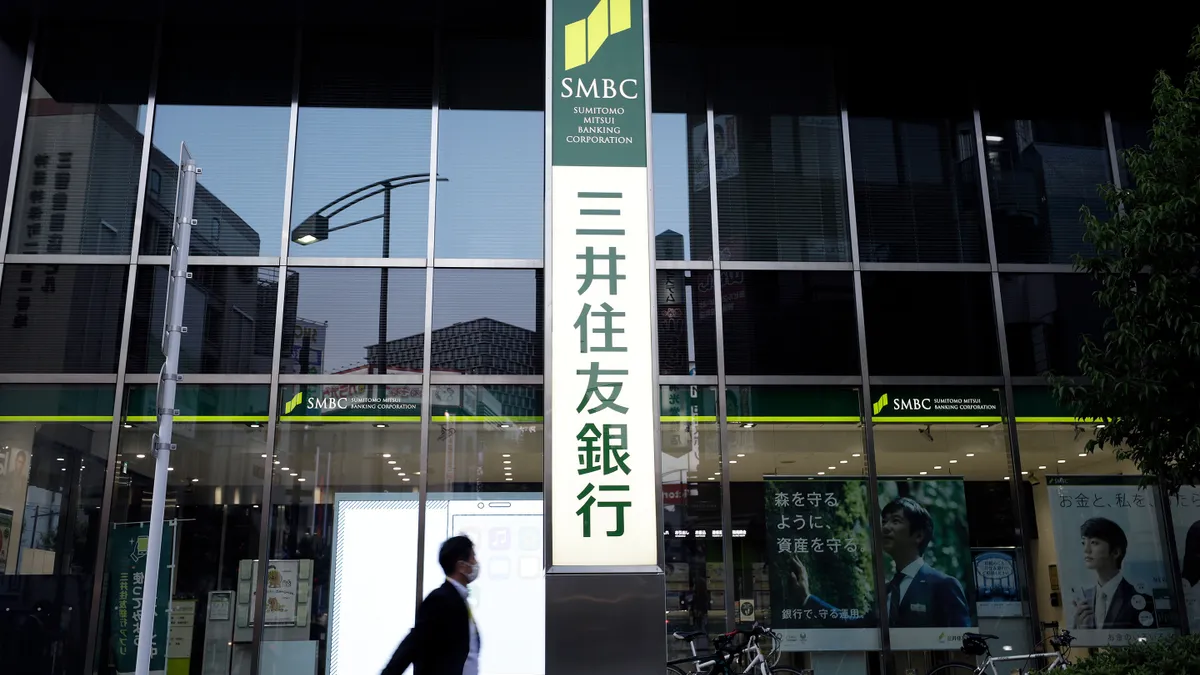Five former TD Bank employees of Chinese heritage say the bank illegally fired them in the wake of TD’s fentanyl-tied money laundering scandal, court documents show.
Plaintiffs Andrew Wong, Ka Po Wong, Anne Louie, April Ng and Millie Su allege that TD “intentionally targeted and disproportionately impacted the bank’s Chinese and Chinese American employees” to placate investigators as they probed the lender’s anti-money laundering control issues, and to “give the appearance of robust AML procedures.”
The bank’s “robust enforcement” went “far beyond the normal scope” in investigating the employees’ personal transaction histories, particularly cash exchanges that moved through their bank accounts, the plaintiffs said.
Chinese families traditionally borrow money from family and friends, rather than banks, and it’s common for family members to gift funds for large purchases, such as a house, plaintiffs said, citing a “financial culture [that] is prevalent in the Chinese diaspora, including the Chinese-American community.”
The investigators did not take that into account, the plaintiffs asserted. In one instance, investigators pressed Ng on a $500 transaction in new bills meant as a gift during Chinese New Year, a custom.
In another, investigators questioned Su about $15,000 in cash she received from family members. The funds, intended as a house down payment gift to a family associate, were deposited into Su’s account. She added $5,000 from her account, and wrote the associate a $20,000 check.
“The targeted Chinese and Chinese American employees provided proof that transactions questioned by TD were legitimate, yet each still suffered the most severe adverse employment action possible. They were terminated,” plaintiffs allege. “More callously, the terminated Chinese and Chinese American were demarketed from TD Bank. TD closed their personal and business accounts, and, upon information and belief, barred them from banking with TD in the future.”
Prior to the fentanyl-tied AML investigation, TD “leveraged the national origin of its Chinese and Chinese American employees to foster trust in the Chinese community and build their business,” plaintiffs said.
During the investigation, however, TD’s Chinese and Chinese American employees “were then targeted by the bank because of their ethnicity and national origin. They were punished for crimes committed by other Chinese individuals — crimes they were not involved in by individuals they did not know.”
“Their Chinese heritage, once used by TD Bank to garner trust in the Chinese community, now became a target for TD,” plaintiffs said.
Due to TD’s investigations of its Chinese and Chinese American employees in the New York City’s Chinatown branches alone, at least 22 employees were terminated or subject to adverse employment actions, the lawsuit asserted.
All but one of the terminated employees were of Chinese origin. At least one employee was terminated for a transaction with a Chinese American employee, according to court documents.
Plaintiffs seek reinstatement at their respective jobs, back pay and emotional damages sustained as a result of TD’s conduct.
A TD spokesperson told Banking Dive that the bank has no comment, given that the litigation is pending.
Arthur Schwartz, an attorney for the plaintiffs, did not respond to a request for comment.













